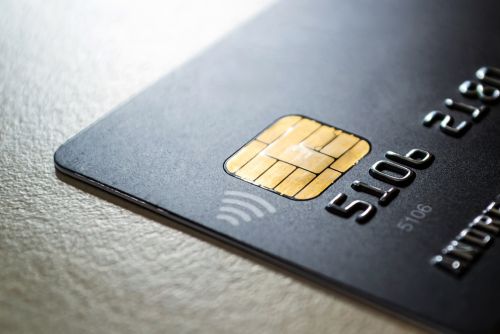Credit cards can present an opportunity to build your credit score, earn rewards, and have cash flow in your wallet. However, before getting one, there are essential things to know. With countless card options and offers available today, you may want to go with a deal that may not work best for your financial situation. We’ll discuss what to know before getting a credit card so that you can make smart choices with your money.
Understand the Interest Rates and Fees
The annual percentage rate (APR) is the amount of interest you will pay if you carry a balance from month to month. Interest rates can range from low to high, depending on your credit score, and some cards offer an introductory rate that may expire after a certain period. Pay attention to other fees, such as transaction fees, late payment fees, and balance transfer fees, as these can significantly increase your outstanding balance.
Evaluate the Rewards Programs
Credit card reward programs come in different forms, such as cashback, points, or miles. They may offer sign-up bonuses or incentives to use the card in specific categories such as groceries, gas, or travel. Consider how you plan to use your card rewards and whether the benefits outweigh the annual fees. If you’re likely to carry a balance or pay interest, a rewards program may not be the best fit for you.
Check Your Credit Score
Your credit score is a critical factor that lenders use to determine your creditworthiness. A high credit score can make you eligible for lower interest rates and better terms. Check your credit score before applying for a card, and understand how it impacts the interest and credit limit you may receive. Also, applying for several cards in a short time can negatively impact your credit score.
Assess Your Spending Habits
Knowing your spending habits can help you choose a card that aligns with your lifestyle. For instance, if you eat out often, a card offering rewards for dining may be beneficial for you. Also, consider whether you can afford to pay the balance in full each month. If you can’t, you may want to opt for a card with low interest rates instead of a rewards-based program. Knowing tips for managing credit card debt can also help you avoid spending what you can’t repay.
Read the Fine Print
Before applying for a card, read and understand the terms and conditions carefully. Look out for any hidden clauses, such as penalties for late payments or changes in the APR. If you have any questions, reach out to the card issuer and ask for clarification.
Getting a credit card can be a valuable tool for financial security and growth if you’re knowledgeable and careful. Start with understanding these important things to know before getting a credit card, and you will be able to make more informed financial decisions. Remember to use your credit responsibly to maintain a good credit score, avoid accumulating debt, and reap the benefits of having a card that works for you.





Leave A Comment